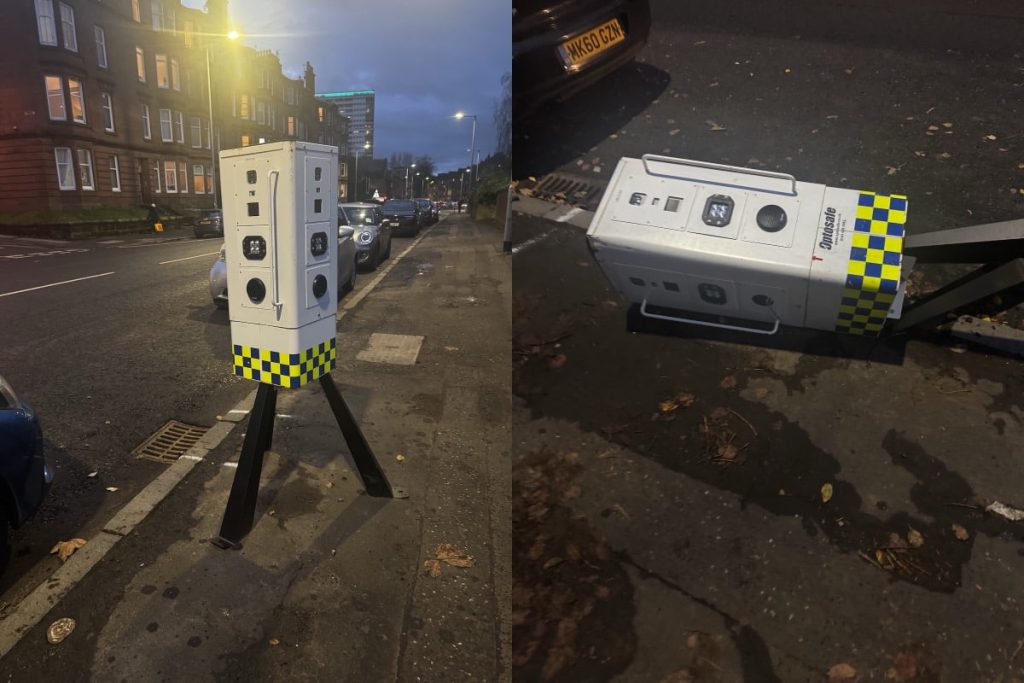Read: No Friend to This House by Natalie Haynes ★★★ 📚
What do you mean, you didn't see me there? Well, of course you didn't. It's not a trick, it's grammar. Greek uses the masculine and the feminine, but it prefers the masculine (I know). So no matter how many girls were in a room (just one, in this instance), if boys were there too, the word 'children' takes the masculine ending. And the girls disappear. But yes, in case it's unclear, Medea and Jason had three children, two sons and then a daughter. I was a baby when Jason left my mother; Medea fled Corinth holding me in her arms.
Retelling of the Medusa myth, lots of points of view, female, that are only hinted at. The first half is fragmented but it really picks up when Medusa takes over the narrative. Jason doesn't get much respect.




